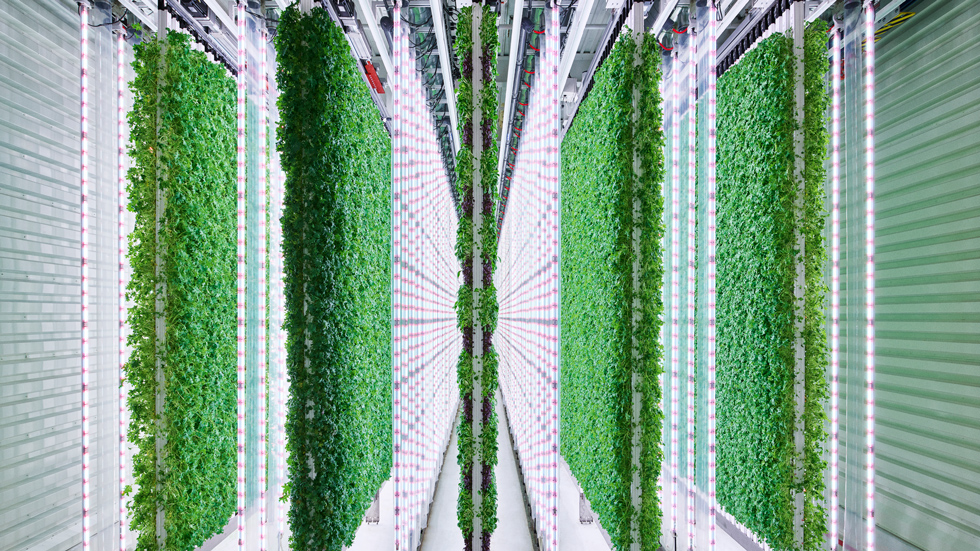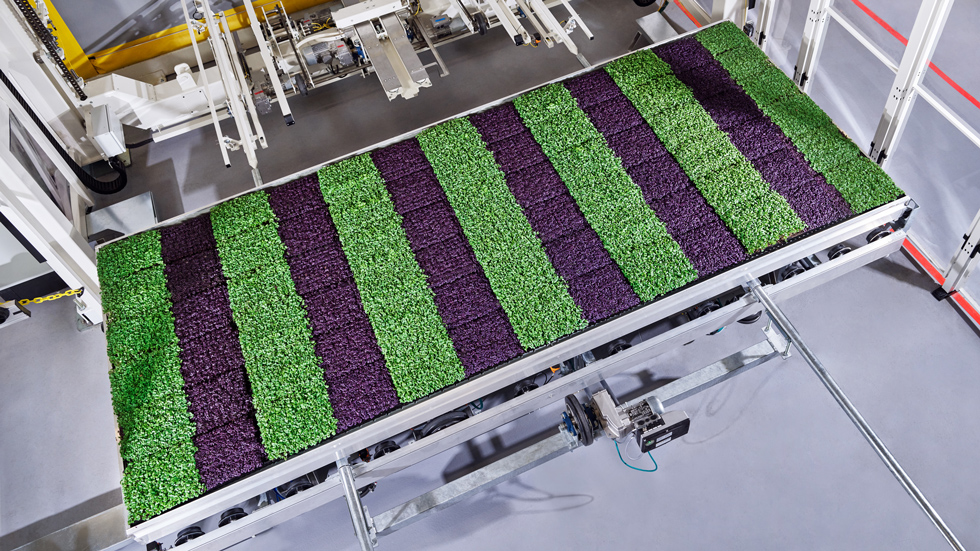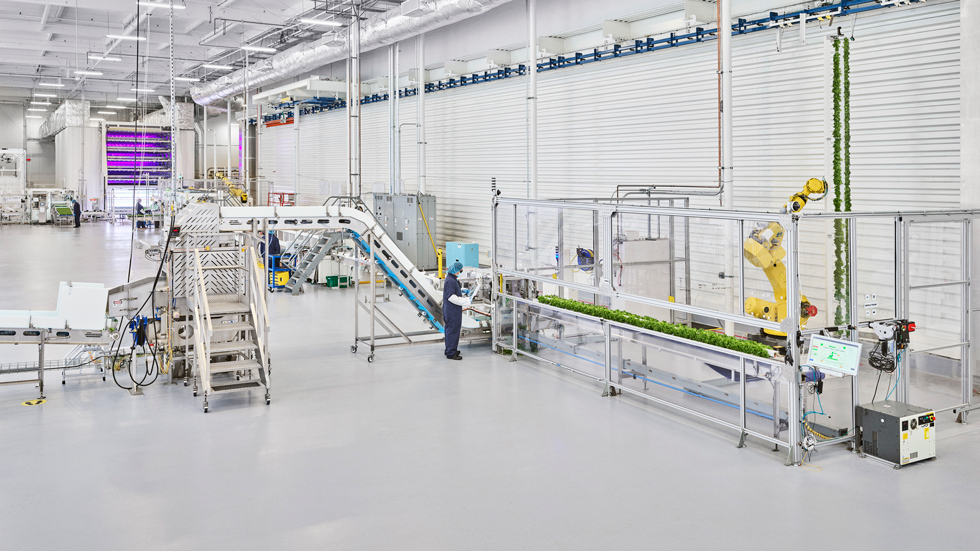Realty Income Corporation (NYSE: O) President and CEO Sumit Roy said the REIT’s decision to invest in indoor vertical farming reflects its pursuit of a strategic avenue of growth, alongside a broader goal of “giving more than we take.”
Last month, Realty Income and Plenty Unlimited Inc. announced an alliance to support the development of Plenty's indoor vertical farms. The agreement calls for Realty Income to acquire and provide development funding for properties that will house Plenty's indoor farms. The properties will be leased to Plenty under long-term net leases. The agreement provides for up to $1 billion of development opportunities, with Realty Income initially investing $42 million in the first farm of Plenty's indoor vertical farm campus near Richmond, Virginia.
Roy told REIT.com that Realty Income had intentionally pursued agriculture technology for almost a year, as part of a broader consideration of different growth paths for the business.
“The whole concept of vertical farming started to resonate with us because there is a real estate component that is similar in locations to distribution center locations. That was really what got us thinking about doing a much deeper dive into this particular area,” Roy said.
Amid a backdrop of anticipated water shortages, declining crop yields, and rising population growth, the potential of vertical farming is “very intriguing,” Roy said. The technology used by Plenty, he explains, uses 95% less water and is able to generate 350 times the output of traditional farming.
Furthermore, the distance traveled from farm to store is about 2,000 miles for conventional farming, while vertical farming reduces that distance to about 50 miles because facilities tend to be located close to where the end product is distributed. “Even the wastage is minimized, so there are many reasons why this is a very interesting area,” Roy said.
Plenty already has two production facilities operating in California, and a research and development center in Wyoming. Meanwhile, both Walmart and SoftBank are investors in Plenty's series E funding, Roy noted. Plenty also has distribution agreements with Walmart, Whole Foods, Bristol Farms, and Albertsons, and a production agreement with strawberry producer Driscoll’s. The support of such established names “gave us additional confidence that this is not an untested technology,” Roy said.
Room to Grow
Plenty is also interested in continuing to expand its technology into Europe and other parts of the globe, Roy pointed out. “Given our global footprint, clearly it's in our wheelhouse to continue to work with Plenty to help them expand into other areas that make sense,” he said.
At the time that the alliance was announced last month, Plenty CEO Arama Kukutai said, "Scale is a critical component of advancing indoor farming's role as a core contributor to our global food supply. Teaming up with Realty Income is a significant step forward in accelerating the deployment of our farms with vertical farm facilities that are purpose-built to support Plenty's proprietary growing technology.”
He added, "The predictability and positive unit economics of Plenty's farms make it possible for us to utilize more traditional forms of funding, such as this strategic alliance with Realty Income. This represents an advancement in the way indoor farming assets are capitalized and paves the way for their development as an asset class."
Meanwhile, Roy stressed that technology has to be seen as part of the solution to solving the range of global food challenges. At the same time, “this investment is very much in line with our values of giving more than we take.” He added that the alliance with Plenty is an investment that is “well-contained, but one that could have massive positive future implications that we want to participate in. We want to get behind this technology and allow it to succeed.”


